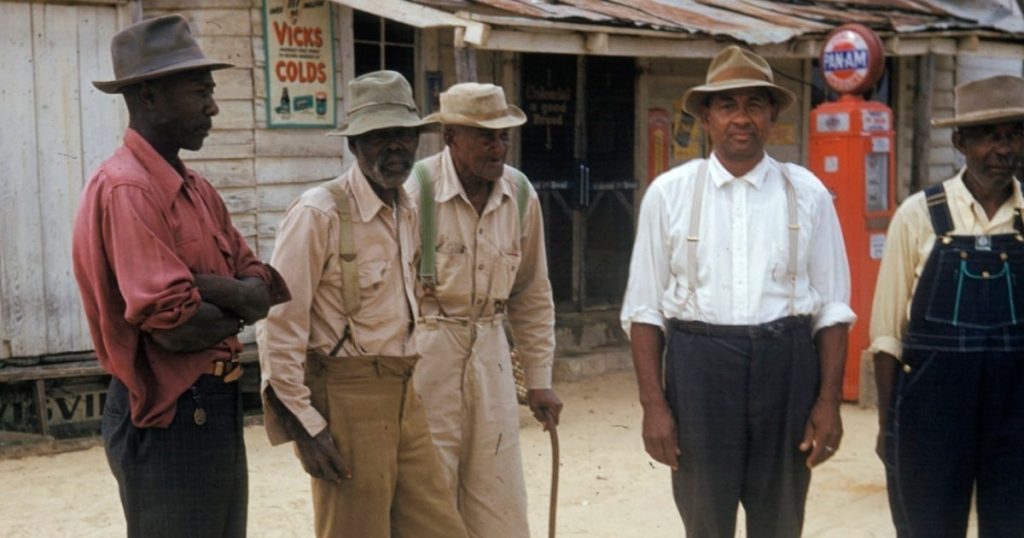The Pew Research Center released a study on the intersection of race and conspiratorial beliefs among Black Americans. The study found that most Black Americans believe they have experienced racial discrimination regularly or from time to time, influencing how they view U.S. institutions such as policing, the political system, and the media. The study defines racial conspiracy theories as ideas that Black Americans may have about the actions of U.S. institutions that are not necessarily the institutions’ stated goals. These beliefs stem from America’s history of racist policies that have disproportionately impacted Black communities.
The study revealed that over 8 in 10 Black Americans agreed with the belief that Black people are more likely to be incarcerated because prisons aim to make money from them. Additionally, more than 6 in 10 Black adults surveyed believed that institutions such as the criminal justice system, economic system, and policing are designed to hold Black people back. This sentiment is supported by the fact that Black people comprised 32% of sentenced state and federal prisoners in 2022, despite representing only 12% of the overall U.S. population.
The survey conducted by Pew last September sought to understand why these narratives persist among Black adults. Study authors emphasized that their views are unlikely to have shifted since being surveyed, as additional explanations were provided by respondents on how they feel about discrimination and racial disparities. The study also aimed to shed light on the feelings of Black Americans that often go unheard or are not taken seriously, as they can influence how the community views the nation.
Black Americans have a unique relationship with discrimination and claims of government conspiracy theories due to the nation’s history of slavery, Jim Crow era segregation laws, and modern-day discrimination. Tasha Philpot, a professor of political science at the University of Texas at Austin, noted that when a history of American institutions conspiring against Black people exists, it is not surprising that individuals might believe in other conspiracies. The study found that Black adults who experienced discrimination believed the system as a whole was designed to keep them down, with various emotions such as anger, worry, and depression as a result.
The study further delved into racial conspiracy theories about politics and medicine among Black Americans. Three-quarters of respondents agreed that Black public officials are singled out to be discredited more than white officials in politics, while 55% believed that medical researchers experiment on Black people without their knowledge or consent. Philpot pointed out that given documented instances of discrimination in history, such as the Tuskegee syphilis experiment and exclusion of Black Americans from New Deal programs, it is understandable that some Black Americans still believe these theories. She emphasized that if something is true, it cannot be classified merely as a conspiracy theory.


